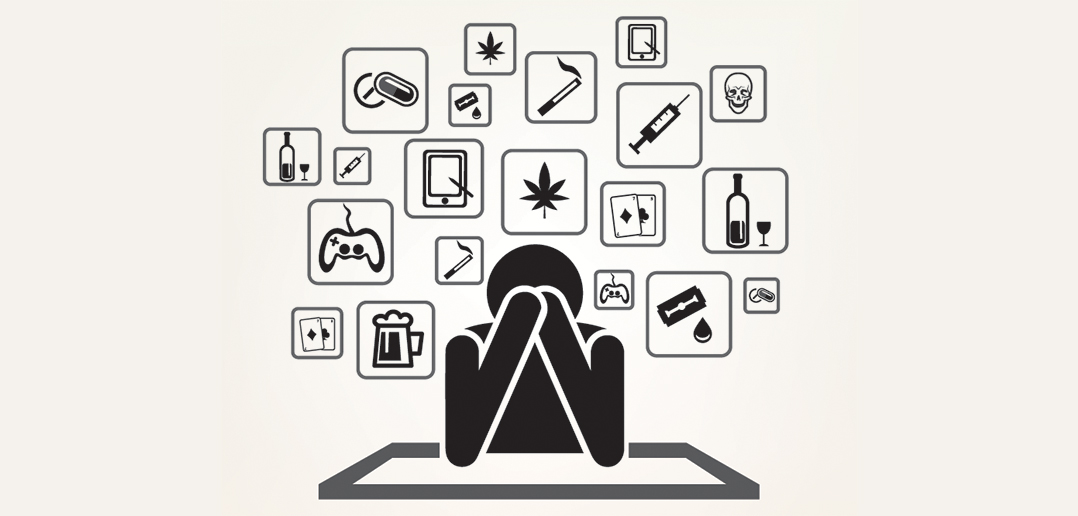In your journey to overcome addiction, equipping yourself with the right tools and securing a robust support system can be transformative. Addiction, whether to substances or behaviors, often necessitates more than sheer willpower to break free from its grasp. Fortunately, a range of tools and a supportive environment can significantly augment your efforts, paving the way to a life free from the chains of addiction. This exploration delves into these resources’ vital role in empowering individuals seeking liberation from the shackles of addiction.
Seeking Professional Help
Engage with certified addiction counselors and therapists to devise a tailored recovery plan. These experts are qualified to help you navigate the procedure and provide you with the tools and tactics you need to successfully fight addiction.
By seeking their assistance, you can access evidence-based therapies and structured support systems, crucial elements in achieving and maintaining sobriety. Additionally, consider reaching out to a hotline for gambling addiction for immediate assistance and advice regarding gambling-related issues.
Utilizing Support Groups
Join support groups composed of individuals facing similar challenges in their journey towards recovery. These groups offer a forum for exchanging experiences, perceptions, and coping mechanisms, developing a sense of community and comprehension. Interacting with peers who have walked a similar path can be immensely empowering, offering encouragement and motivation.
By actively participating in such groups, you gain a network of support that can aid in maintaining your commitment to overcoming addiction. You can get through the ups and downs of rehabilitation by finding like-minded people to connect with.
Opting for Behavioral Therapies
Investigate several behavioral therapies, such as Motivational Enhancement Therapy (MET) or Cognitive-Behavioral Therapy (CBT). These therapies try to change the negative attitudes and behaviors that come with addiction. With the use of CBT, you may recognize negative thought patterns and alter them, giving you powerful coping mechanisms.
Motivational interviewing strategies are frequently used by MET to increase motivation and commitment to sobriety. Behavioral therapies are structured, goal-oriented approaches that can significantly aid you in building resilience and maintaining long-term recovery from addiction. Understanding and applying these therapeutic approaches can be fundamental in your journey toward a healthier, addiction-free life.
Incorporating Medication-Assisted Treatment
Consult healthcare professionals to determine if medication-assisted treatment is suitable for you. These treatments typically involve the use of medications, under medical supervision, to manage withdrawal symptoms, cravings, and the underlying neurobiology of addiction. Medications such as methadone, buprenorphine, or naltrexone can aid in stabilizing brain chemistry and reducing the desire for addictive substances.
Integrating medication with counseling and therapy forms a comprehensive approach, enhancing the effectiveness of the treatment and improving your chances of a successful recovery. The collaboration of medical expertise and appropriate medication can play a critical role in your efforts to overcome addiction and regain control of your life.
Employing Self-Help Tools
Access self-help resources like mobile applications, online forums, or informative literature that provide guidance and tips to manage cravings and maintain sobriety. These tools offer a variety of coping strategies, mindfulness exercises, and educational materials to empower you in your recovery journey. Mobile applications often feature progress tracking, reminders, and motivational content to support your efforts consistently.
Online forums connect you with a community of individuals facing similar challenges, offering a platform for sharing experiences and seeking advice. Utilizing self-help tools in conjunction with professional assistance can amplify your capacity to navigate the complexities of addiction and foster a sense of empowerment in your recovery process.
Creating a Friendly Environment
Having a solid support network is essential for overcoming addiction. Be in the company of encouraging and motivating friends and family members who will support you in your efforts to heal. Their understanding and positive influence can provide emotional reinforcement and stability during challenging moments.
Communicate openly with them about your goals and progress, allowing them to be an active part of your journey toward sobriety. A nurturing and encouraging environment significantly contributes to your resilience and determination, ultimately aiding in your sustained recovery from addiction.
Conclusion
These resources are not mere aids but critical pillars that fortify your resolve and bolster your recovery. By harnessing the potential of therapy, medication, self-help tools, and a nurturing environment, you enhance your ability to surmount the challenges that addiction presents. Remember, with the right tools and a robust support system, you possess the strength and capability to triumph over addiction and carve a path toward a brighter, addiction-free future.


